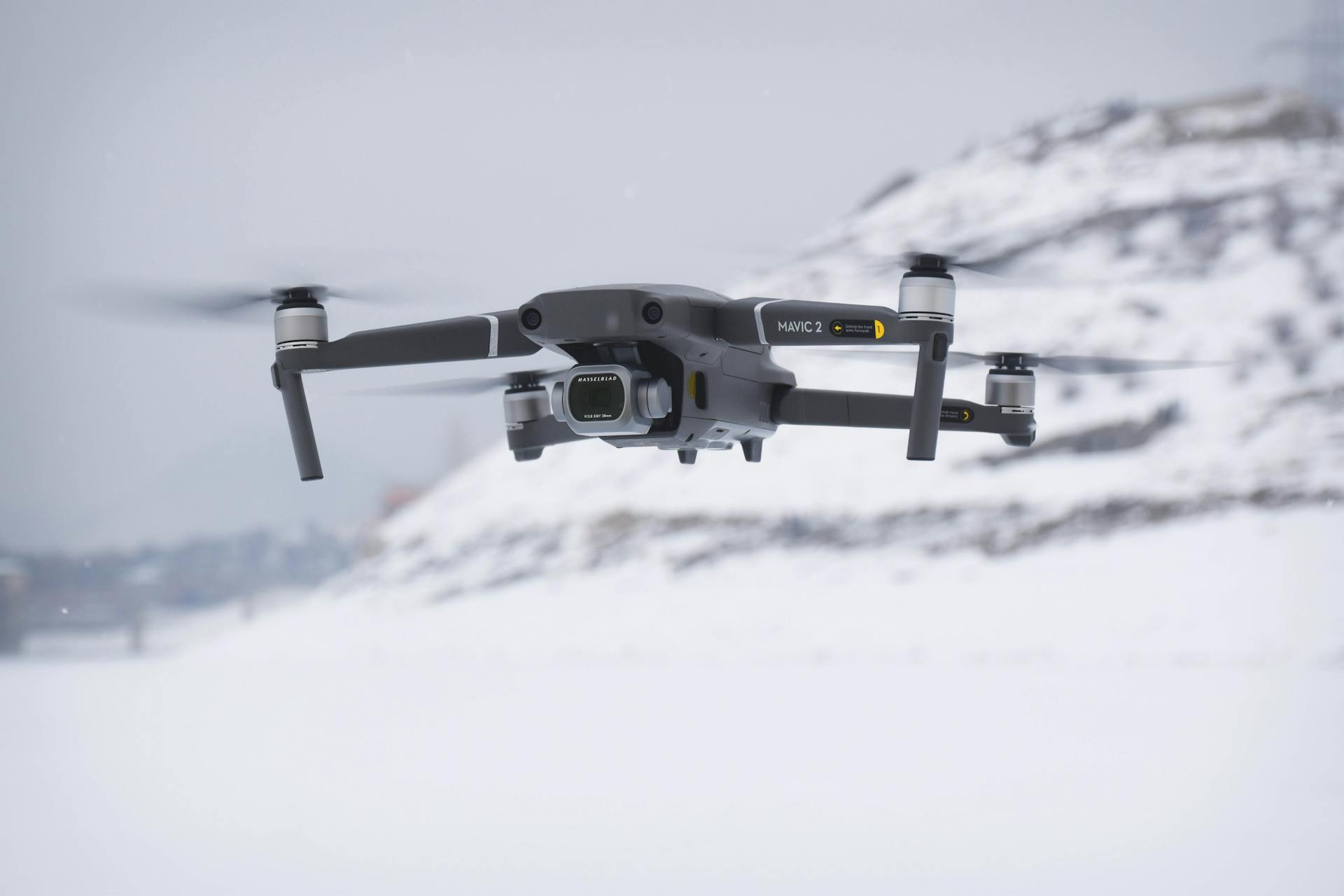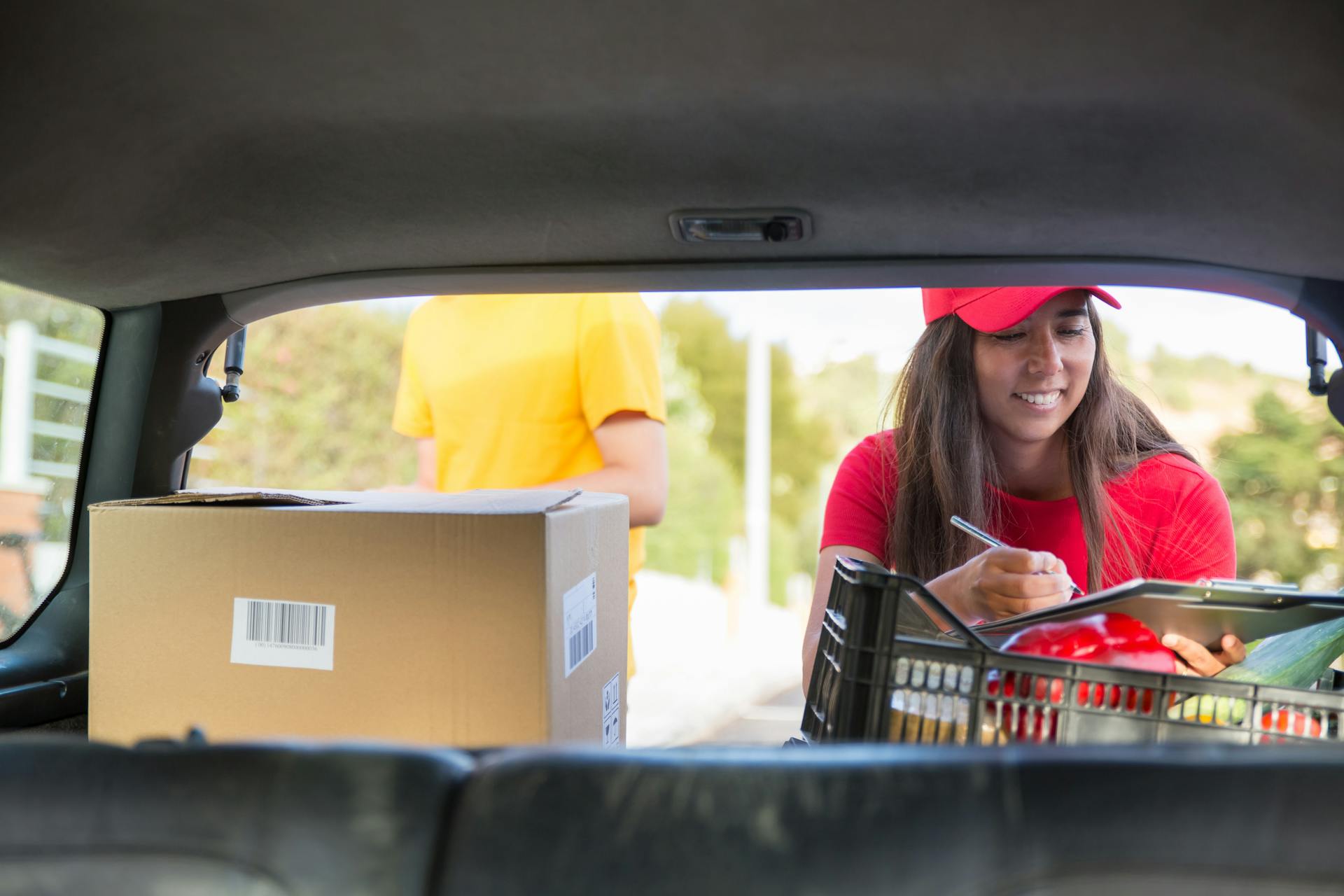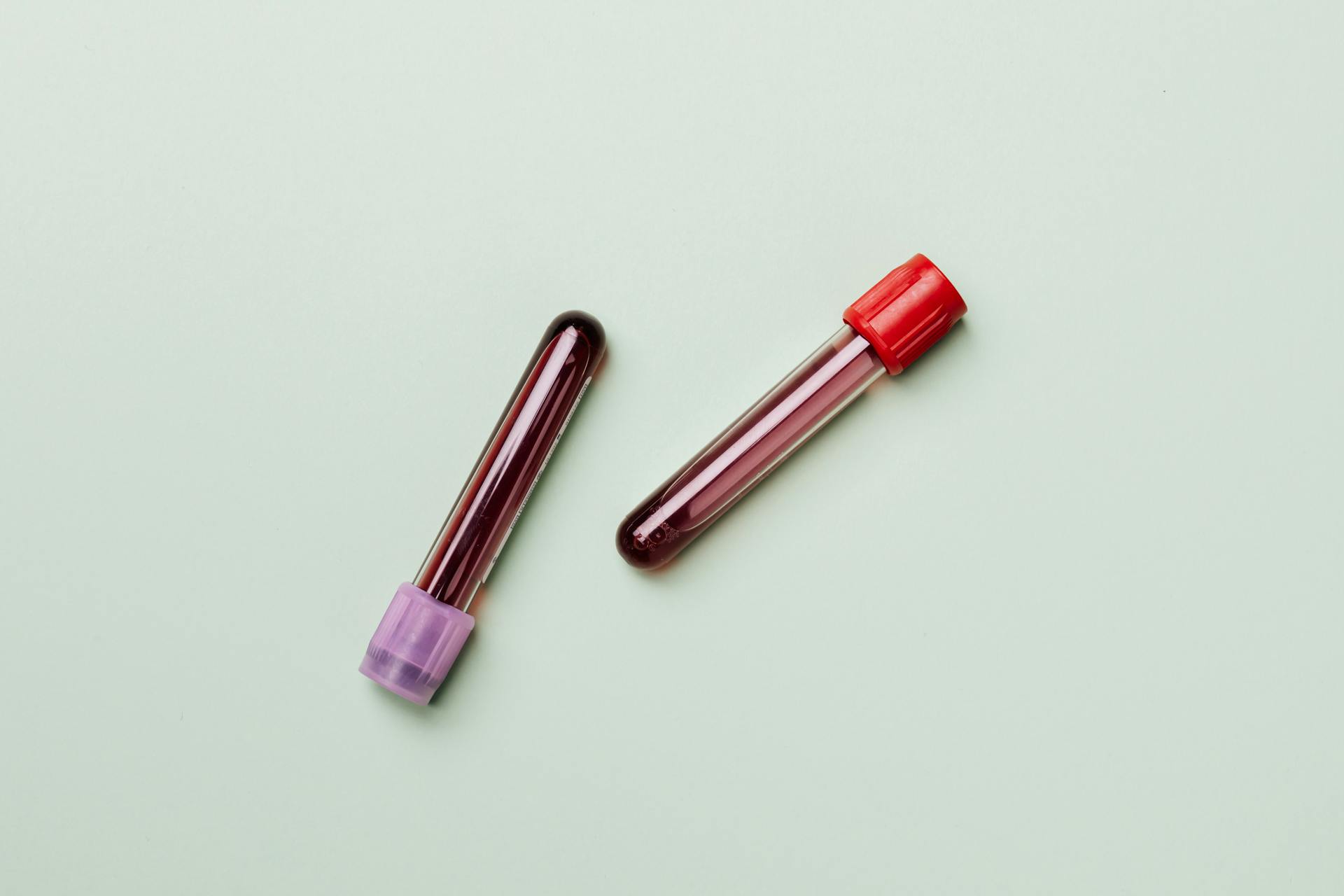
Medical delivery drones are changing the game for healthcare providers and patients alike. They can transport medical supplies and blood products to remote areas with limited access to traditional transportation.
These drones are equipped with advanced navigation systems, allowing them to safely transport their cargo over long distances. In fact, a study found that drones can cover up to 100 miles in just 30 minutes.
The use of medical delivery drones has already shown promising results in various parts of the world, including Africa and South America. In one instance, drones were used to transport medicine to a remote village, saving the lives of several children.
By reducing transportation time and increasing access to medical supplies, medical delivery drones are revolutionizing the way healthcare is delivered.
Drones in Healthcare
Drones in healthcare have the potential to revolutionize the way medical supplies are delivered. They can transport medication, prescriptions, and even biological samples like blood and plasma.
In rural and remote locations, drones can be a game-changer for accessing healthcare. They can deliver medications that are inaccessible via traditional transportation methods.
Drones can also be used to transport diagnostic kits, organs, small medical devices, and laboratory samples. This can be especially crucial in emergency situations where time is of the essence.
In medical emergencies, drones can deliver essential medical equipment and medicines quickly, potentially saving lives. Organ transport is a great example of this, where drones can transport organs to patients in need.
Drones can also be used for public safety, such as disinfecting areas to fight viral diseases. They can spray disinfectants efficiently and without human involvement, making them a valuable asset in public health.
By utilizing drones in healthcare, we can improve the overall patient experience and make medical delivery more efficient.
For more insights, see: How Are Drones Used for Agricultural Purposes
Leading Companies
Several startups are already conducting trial run programs to utilize drones for healthcare delivery.
Zipline is one of the leading companies in the medical drone delivery market.
Novant Health is another key player, working on commercializing drone delivery services.
Vayu and Matternet are also making significant strides in this field.
SZ DJI Technology and Embention are companies to watch, with their innovative approaches to medical drone delivery.
Flirtey is a notable company, having conducted numerous successful drone delivery trials.
Ehang and Tu Delft are also contributing to the growth of the medical drone delivery market.
Project Wing is a prominent player, working on integrating drones into healthcare systems.
HiRO (Healthcare Integrated Rescue Operations) is a notable example of a company utilizing drones for medical rescue operations.
New players are expected to enter the market in the coming years, bringing more innovative applications to the table.
Recommended read: Military Drone Market
Drones in Healthcare Limitations
Drones have some significant limitations in the healthcare delivery system due to technical aspects such as short battery life, speed, vibration, low load capacity, g-force, and precision.
These technical limitations can negatively impact the flight of the drone, making it unreliable for critical medical deliveries.
Adverse weather conditions can also impact the quality of the medical supply, highlighting the need for careful planning and execution.
Social acceptance is necessary for the wide-scale adoption of drones, but it's also a challenge due to concerns about labor market impact and data security.
Companies must follow data security and compliance strictly to prevent security breaches, which can be a major concern.
The high economic cost of carriage is another issue that needs to be addressed.
Drones can also pose a threat to aircraft, requiring companies to obtain necessary approval from aviation authorities and follow specific routes.
The lack of a streamlined process for approval and operations is another challenge, with each country having its own rules and regulations.
A different take: Security Drones for Home
What Lies Ahead
Drone delivery is still in its early stages, but companies are making significant progress with test flights across different geographies.
Zipline has collaborated with the Health Ministry of Rwanda to launch a drone delivery system in the country, and has also delivered personal protective equipment to health centers in North Carolina via drones.
Volansi, a drone startup, has partnered with Merck to deliver "cold-chain" medicines to rural parts of North Carolina.
The drone delivery market is expected to grow in the coming year due to increasing investment, partnerships, and technological advancements.
Companies are exploring the possibility of drones in the healthcare delivery system, including Skyports, which is assisting the NHS with hospital-to-hospital medical deliveries in the battle against COVID-19.
To ensure the wide-scale adaptability of drones in the healthcare system, the high cost of drones, rules and regulations, social acceptance, and technological glitches need to be addressed.
Geographic Expansion
Zipline has expanded its operations to five African countries, including Ghana, where it has six distribution centers serving over 2,300 health facilities.
The company has also entered the U.K.'s National Health Service and Japan in 2022. In Ghana, Zipline has been able to deliver over one million doses of the COVID-19 vaccine by drone in just one year.
Zipline is now expanding its operations to Dallas, and has contracts with more than 20 health systems, restaurants, and retailers in the U.S., including Cleveland Clinic and Sweetgreen.
Later Expansion
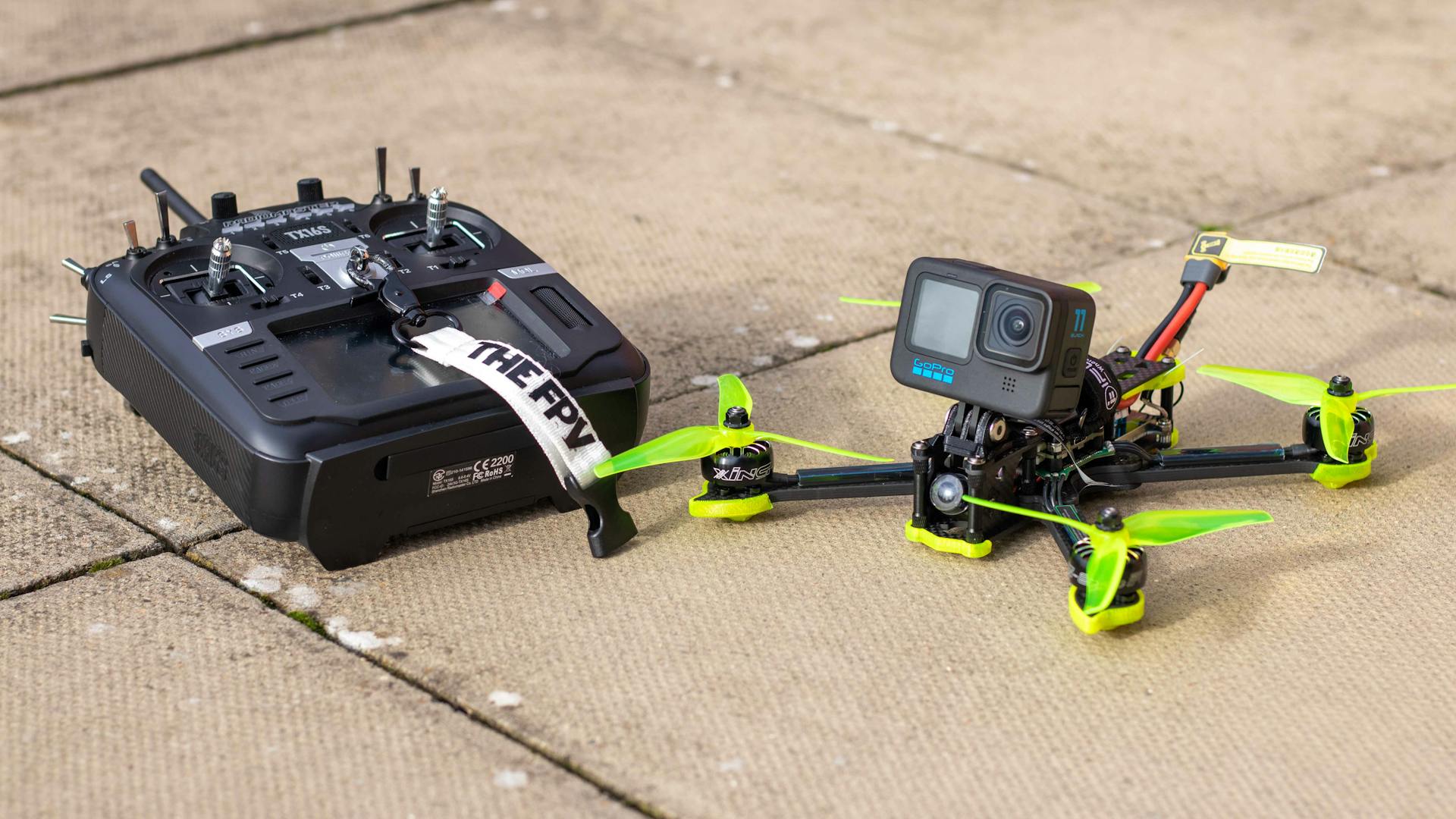
Later Expansion was a significant milestone for Zipline, and it's not hard to see why. The company expanded into Ghana, and now operates in five African countries.
Zipline's growth didn't stop there. In 2021, they began transporting pharmaceuticals and other products for a Walmart near the retail giant's headquarters in Pea Ridge, Arkansas.
A year later, in 2022, Zipline started deliveries for Intermountain Health in Utah. This marked a significant expansion of their services in the United States.
In 2023, Zipline built a second platform that can travel short distances and deliver directly to homes. This new platform will be deployed this year, and will allow the company to expand its focus on restaurants and other retailers.
Now, Zipline has contracts with more than 20 health systems, restaurants, and retailers in the U.S. This includes big names like Cleveland Clinic and Panera.
Rwanda
Rwanda is a great example of how Zipline's aerial delivery system can be a game-changer in a country with challenging geography.
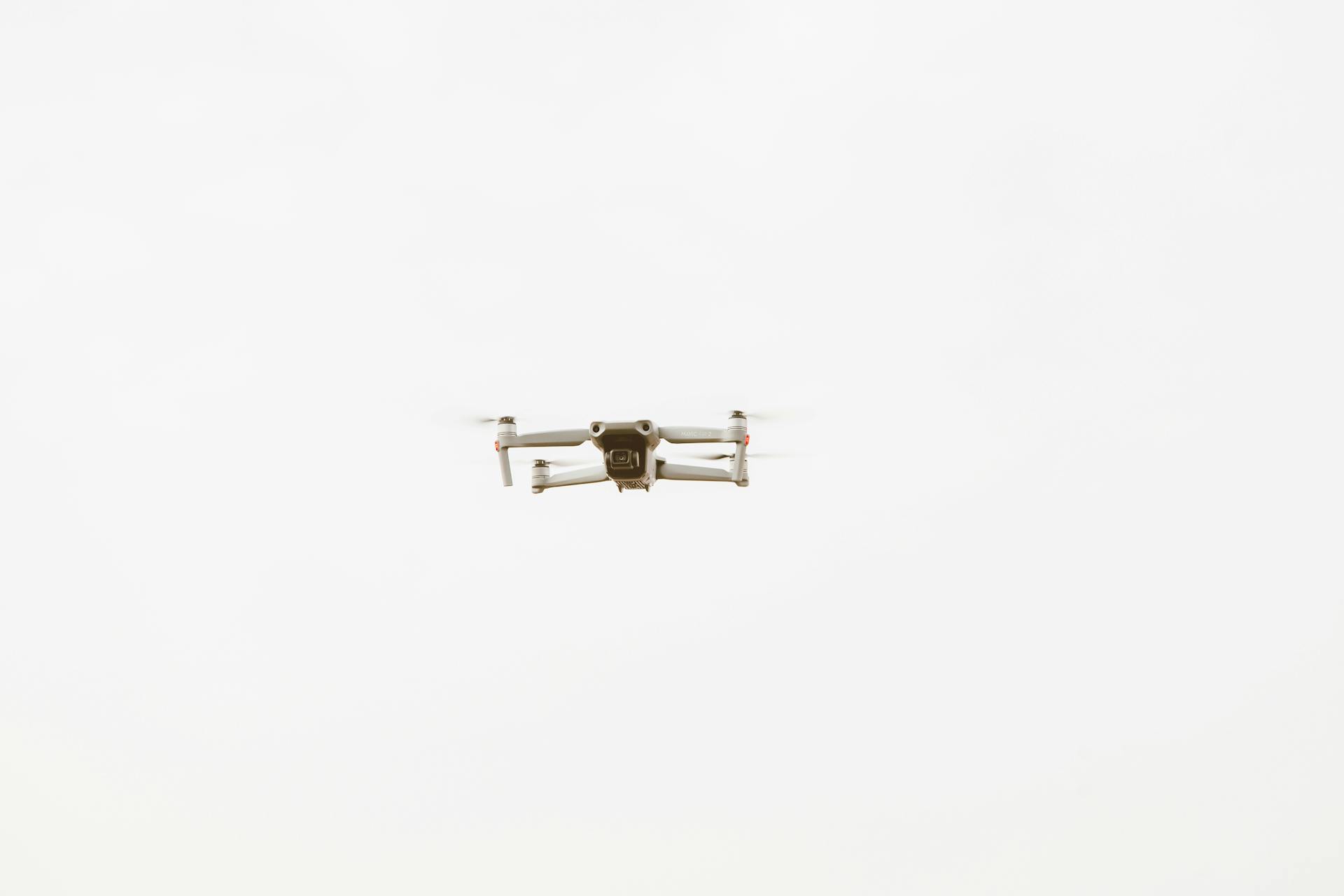
Zipline operates two distribution centers in Rwanda, with the first one opening in Muhanga in late 2016. The company expanded its service to include smaller health centers and hospitals with the opening of its second distribution center near Kayonza in December 2018.
Rwanda's mountainous terrain and poor road conditions make it an ideal place for drone delivery, which is more efficient than using land vehicles. The cost of delivery via drone is comparable to that of delivery by road, especially in emergencies.
A 2022 study found that Zipline's service in Rwanda leads to faster delivery times relative to existing ground transportation. The study also found that Zipline's drone delivery service in Rwanda reduced blood unit expirations by 67 percent.
Zipline's service in Rwanda is frequently used in response to medical emergencies, with 43 percent of orders being emergency orders. This highlights the critical role that Zipline's drone delivery system plays in saving lives in Rwanda.
Ghana
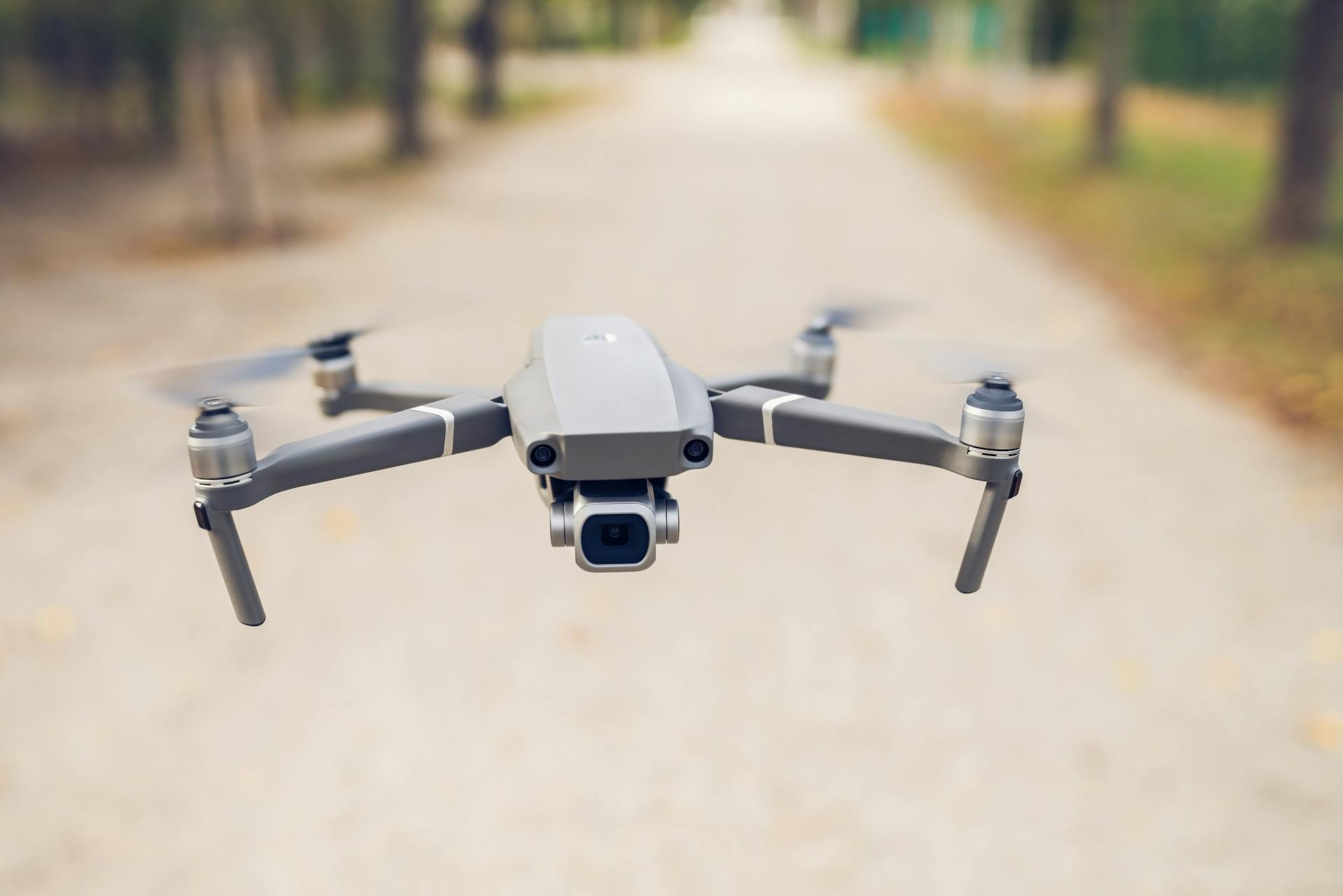
Ghana is a great example of Zipline's geographic expansion. Zipline signed a contract with the government of Ghana in 2018 to make up to 600 deliveries a day for four years at the cost of about $12.5 million.
The first distribution center in Ghana was opened in April 2019, and the first Zipline drone delivery was made to Tafo Hospital on April 24, 2019, containing a resupply shipment of yellow fever vaccines to prevent stock-out.
Zipline presently operates six distribution centers in Ghana, serving over 2,300 health facilities. This network will eventually be able to serve about 85 percent of the population directly and the remainder indirectly, reaching over 3,200 health facilities in every region of the country.
By 2022, Zipline had delivered over one million doses of the COVID-19 vaccine by drone in Ghana over the prior year.
Nigeria
Nigeria has been a significant focus for Zipline's geographic expansion, with the company announcing plans to construct three distribution centers in Kaduna State in February 2021.
These distribution centers will have ultra-cold storage, allowing health facilities in the state to store COVID-19 vaccines safely.
The state of Cross River also partnered with Zipline in May 2021, and another agreement was made with Bayelsa State in February 2022.
The first hub in Kaduna state opened on June 4, 2022, marking a major milestone in Zipline's expansion into Nigeria.
Ukraine
Ukraine has been a significant location for Zipline's expansion efforts. In June 2022, the Ukrainian Ministry of Health announced talks to partner with Zipline to build ten distribution hubs in areas such as Tlumach.
These hubs will likely utilize Zipline's unmanned aerial vehicles (UAVs) to provide medical supplies and other essential items.
Zipline's partnership with the Ukrainian Ministry of Health is a promising development for the country's healthcare infrastructure.
Logistics companies from the United States, such as Zipline, are expanding their reach globally.
Here is a list of some key details about Zipline's expansion into Ukraine:
- 10 distribution hubs planned in areas such as Tlumach
- Partnership with the Ukrainian Ministry of Health
- Utilization of unmanned aerial vehicles (UAVs)
Demonstration Operations
Zipline has partnered with the US and Australian militaries for demonstration operations. Between July 30 and September 5, 2019, they delivered over 400 mock blood supplies during mass casualty simulations.
These simulations tested the reliability and efficiency of Zipline's medical delivery drones in emergency situations. The drones successfully completed their deliveries, showcasing their potential to save lives in remote or disaster-stricken areas.
History
Demonstration Operations have a long history that dates back to the 1950s. This was a time of great change and experimentation in the military.
The first demonstration operations were conducted by the US military in the 1950s, as part of the Cold War. These operations were used to test new tactics and technologies.
The US military's first demonstration operation was called "Operation Plumbbob", which took place in 1957. This operation tested the effects of nuclear radiation on the environment.
Demonstration operations continued to evolve over the years, with a focus on testing new technologies and tactics. The US military's "Operation Desert Storm" in 1991 was a major demonstration operation.
Intriguing read: Us Military Drone Command
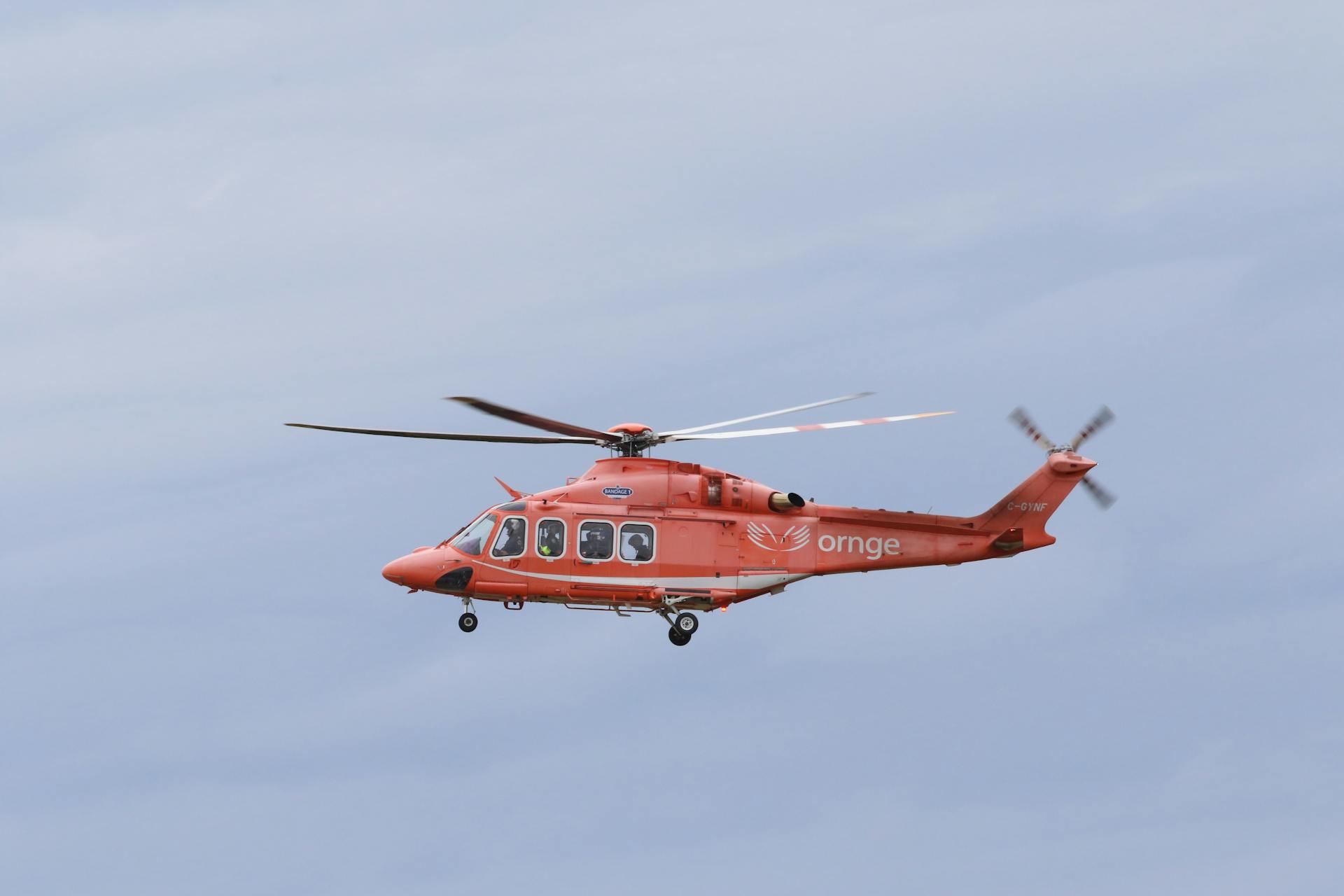
This operation tested the effectiveness of advanced military technologies, such as precision-guided munitions. The results of this operation were significant, and paved the way for future demonstration operations.
The US military's "Operation Enduring Freedom" in 2001 was another major demonstration operation. This operation tested the effectiveness of new tactics and technologies, such as unmanned aerial vehicles.
The results of these demonstration operations have been significant, and have helped to shape the modern military.
The Zippy Flier
Zipline's drones can accelerate from 0 to 70 miles per hour in just 0.33 seconds, thanks to a supercapacitor-powered electric catapult launcher.
This impressive speed allows the drones to fly themselves to their delivery site, where a remote pilot at each distribution center monitors all drones in flight.
The drones are designed to descend to 20-35 meters before dropping the package under a paper "Drogue" parachute, which can land within a 5 m diameter landing zone.
A Zipline distribution center can deliver medical supplies reliably anywhere within 100 km, even in mountainous terrain and severe weather.
Zipline's drones are designed to return to the distribution center and land by their tail hook, catching an arresting gear similar to airplanes landing on an aircraft carrier.
Delivery Effectiveness
Delivery effectiveness is crucial for medical delivery drones. Drones can travel at speeds of up to 70 mph, reducing delivery times significantly.
In areas with limited road access, drones can reach remote communities in as little as 10 minutes. This is a game-changer for emergency medical situations.
The use of drones for medical delivery has been shown to reduce delivery times by up to 90% compared to traditional methods. This is especially important for time-sensitive items like blood and organs.
Drones can also navigate through congested airspace with ease, avoiding traffic jams and road closures. This ensures that medical supplies reach their destination quickly and efficiently.
In one study, a drone was able to deliver a package of medical supplies to a hospital in just 6 minutes, beating a car delivery by 10 minutes. This kind of speed and reliability is essential for medical delivery.
Frequently Asked Questions
What drones are used for medical evacuation?
The MEDEVAC Cricket is a military-grade rescue drone designed for emergency medical evacuation, developed by leading trauma surgeons based on clinical evidence. This compact drone can be quickly deployed and operated by two soldiers within 15 minutes.
Which is the largest medical drone delivery in the world?
Ghana boasts the largest network of autonomous drones in the world, according to Zipline International. This medical drone delivery system is a game-changer for healthcare in Ghana.
What company is using drones to deliver packages?
Zipline is a company that uses drones to deliver packages. They operate the world's largest drone delivery service, providing efficient and innovative logistics solutions.
Sources
- https://www.delveinsight.com/blog/drones-in-healthcare
- https://en.wikipedia.org/wiki/Zipline_(drone_delivery_company)
- https://www.forbes.com/sites/annefield/2024/04/27/ziplines-milestone-1-million-commercial-drone-deliveries/
- https://spectrum.ieee.org/in-the-air-with-ziplines-medical-delivery-drones
- https://www.webmd.com/first-aid/news/20231221/medical-delivery-drone-what-to-know
Featured Images: pexels.com
